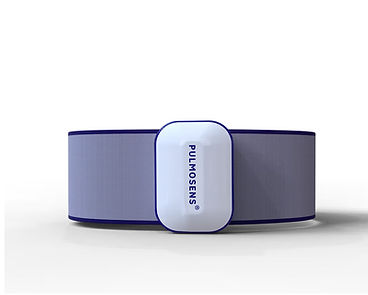Enhancing BCI Neuroprosthetic Control: The Impact of a Shared Control System on Cognitive load
As the lead intern on this research project, I explored how shared control systems can improve brain-computer interface (BCI)–driven neuroprosthetics by reducing cognitive load and enhancing movement efficiency. I led the literature analysis, created original visualizations, and contributed significantly to the poster presentation. My name was listed first among the interns in recognition of my leadership and primary contributions. Using R, I analyzed and visualized trends across 70+ articles, finding that EEG was the most frequently used method, followed by transformer models and cognitive state decoding, highlighting a convergence of neuroscience and machine learning. I also identified key publication venues, with Journal of Neural Engineering leading the field. This experience strengthened my data analysis and research communication skills and confirmed my interest in neuroscience, assistive technology, and human-centered healthcare innovation.
Co-authored a research paper investigating herbal remedies for anxiety. Conducted comprehensive literature reviews, synthesized scientific evidence across multiple studies, analyzed neurobiological mechanisms, and collaborated on manuscript development for potential publication.
Guided by Dr.Selva, visiting faculty, Morehouse School of Medicine & Dr.Ramamani, Duke University
currently under peer review, is scheduled to be officially published.
MG HEALTH INTERNSHIP:

Conducted in-depth market research and user interviews to inform healthcare app design. Produced reflective reports and proposed evidence-based UX/UI improvements for MGHealth’s PumoSense and Axon applications, enhancing clinical usability and aligning app features with real-world patient and clinician needs.
Inrviewed 3 doctors as part of a team to validate device usage for monitoring pre-existing Lung conditions; Analyzed & reported geodemographic data.Researched on product benefits of non-invasive lung monitoring device –Pulmosens.
Interviewed 50+ doctors as part of a team to validate device usage for monitoring pre-existing Lung conditions; Analyzed & reported geodemographic data.
Pulmosense is a lung monitor used to track lung function without constant home visits - especiialy useful to hospice patients, the elderly, patients that live in more rural areas
AreoCord is a medical app designed to keep all medical records in one place. IConducted in-depth market research and user interviews to inform healthcare app design. Produced reflective reports and proposed evidence-based UX/UI improvements for MGHealth’s PumoSense and Axon applications, enhancing clinical usability and aligning app features with real-world patient and clinician needs.
Available in both google and play store



